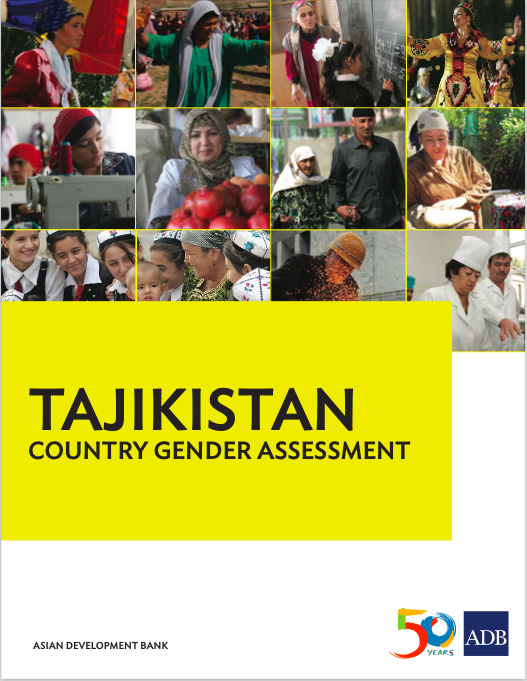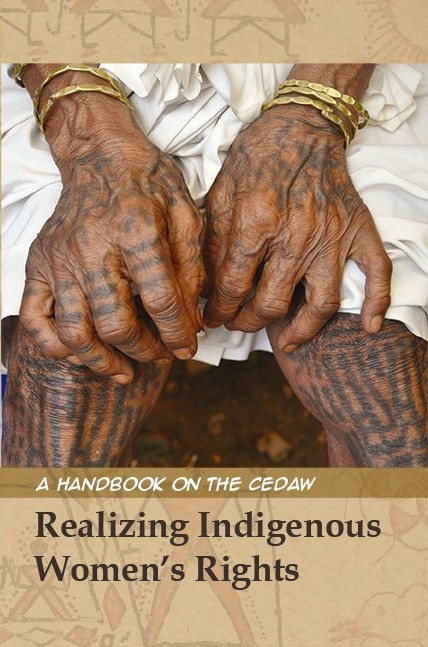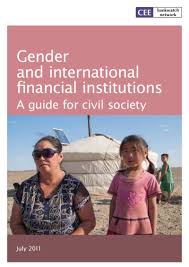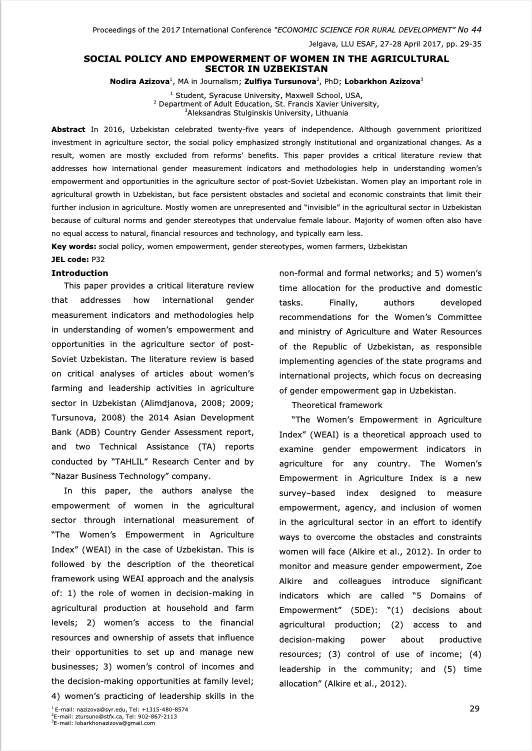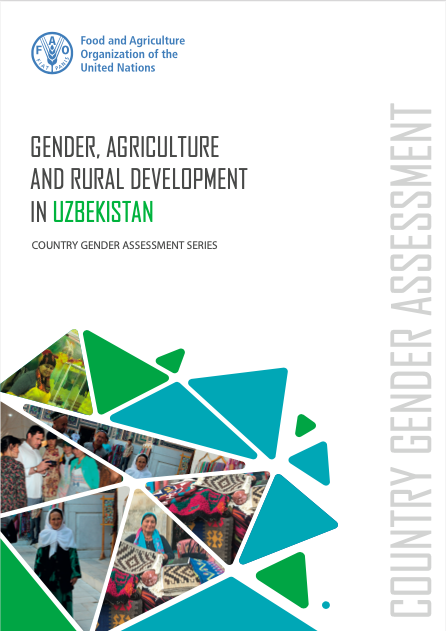Tajikistan Country Gender Assessment
The resurgence of conservative patriarchal values in Tajikistan have led to the rise of early marriages and polygamy, compromising women’s and girls’ opportunities to realize their full potential to live quality lives, and have deterred women from fully participating in and benefitting from development. The report provides sector-specific gender analyses and identifies entry points for mainstreaming gender in agriculture and natural resources, education, energy, entrepreneurship and SME development, and transport.

